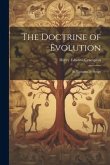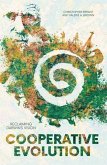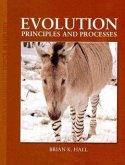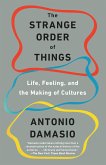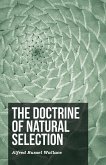This book examines a little-noted contradiction inherent in the two essential elements of Darwin's theory of biological evolution--natural selection and reproduction. Physiologist Stephen Rothman makes the revolutionary claim that the evolution of life's complex and diverse reproductive mechanisms is not the consequence of natural selection. In so doing, he exposes the deepest question possible about life's nature--its reason for being. In meticulously detailed but accessible terms he lays out the crux of the paradox and offers an intriguing solution within a naturalistic framework. In an ostensibly purposeless universe, somehow purposeful life has evolved. For all living things there are two overarching purposes: survival and the creation of new life. Natural selection is about the survival of existing life, but has no interest in life's future, about whether it persists or perishes. By contrast, reproduction is only about the future of life, and has no interest in existing life except as a means to that end. Where do these purposes come from? As Rothman demonstrates, at every level life is wired to react to danger. Counterintuitively, without the danger to its existence, life would not have come into being. As for reproduction, nature's destructive forces drive the creation of new life. Written with great clarity and informed by deep learning, this elegant, thoughtful work tackles some of the most challenging questions raised by the theory of evolution, while calling to mind Darwin's famous words from the conclusion of On the Origin of Species: "There is a grandeur in this view of life."
Bitte wählen Sie Ihr Anliegen aus.
Rechnungen
Retourenschein anfordern
Bestellstatus
Storno


